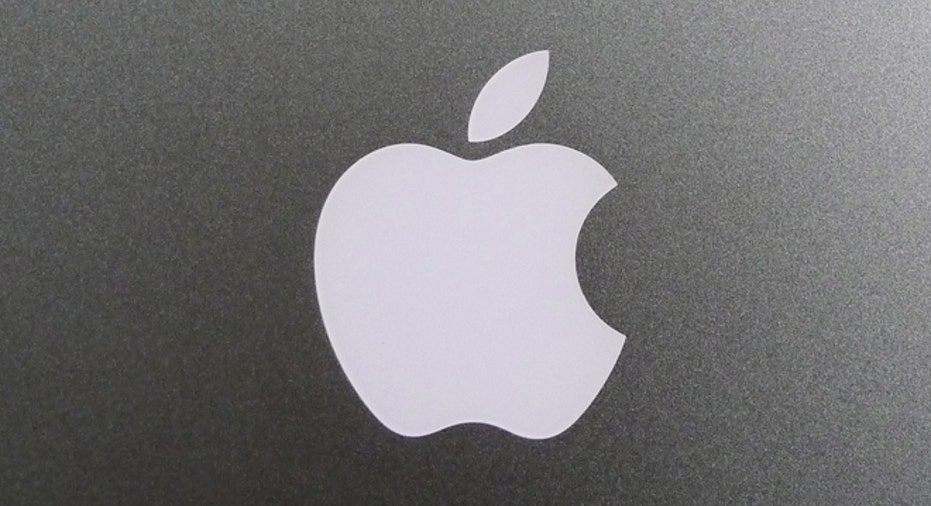NY Times Gets Apple's Effective Tax Rate Wrong

The New York Times reported on Saturday that Apple (NASDAQ:AAPL) lowers its tax bill with various tax moves that involve using offices in lower tax regimes.
Using analysis from a former Treasury economist, the New York Times reported that Apple “paid cash taxes of $3.3 billion around the world on its reported profits of $34.2 billion last year, a tax rate of 9.8%.”
The article goes on to say that Apple's federal tax bill likely would have been $2.4 billion higher last year without these moves.
But using Apple’s corporate accounting profit to arrive at its effective global rate of 9.8% is dubious because profit figures are different numbers versus the taxable income figures companies report to the Internal Revenue Service.
A look at Apple’s filings with the Securities and Exchange Commission shows the more appropriate effective rate for Apple is likely more than double the 9.8% effective rate the Times reported.
Apple already reports in its filings that its global effective rate for both 2011 and 2010 is 24%, and its effective U.S. federal rate is likely 20.1%. Moreover, its global effective rate for 2009 was 31.8%.
Corporate profit numbers are virtually always higher than taxable income reported to the IRS. The right math here is to divide Apple’s taxes paid by its taxable income. But companies rarely report either for any given year. And the cash taxes companies report on their financial statements typically include taxes owed for prior years, another unreliable figure to use.
So the Times likely used a lower effective rate for Apple versus what the rate really is, which makes the story sound more shocking than it is.
Why are corporate profit figures often higher than taxable income amounts? Because corporate bookkeeping rules for company financial statements treat some items as income or expenses that the IRS does not.
That includes things like municipal bond income or dividends that companies can report as revenue under corporate accounting. But those items are not taxed by the IRS. Even writing off the cost for equipment is different on financial statements versus tax returns.
Companies can write off equipment at a slower rate on their financial statements to soften the hit to the bottom line, whereas they can speed up those write-offs to lower their tax bills to the IRS.
James Farrell, an analyst for FOX News, points out that in Apple’s 2011 SEC filing, in note 5, Apple reports that its provision for federal taxes as of year-end September was $6.88 billion. That number includes current and deferred taxes accrued for that year.
For the sake of this debate, even if you divide $6.88 billion by $34.2 billion (again, not the proper number to use), the effective federal tax rate for Apple would be double, at 20%.
The Times admits this, even though it buries this qualification deep in its story. It says:
“Neither the government nor corporations make tax returns public, and a company’s taxable income often differs from the profits disclosed in annual reports. Companies report their cash outlays for income taxes in their annual Form 10-K, but it is impossible from those numbers to determine precisely how much, in total, corporations pay to governments. In Apple’s last annual disclosure, the company listed its worldwide taxes — which includes cash taxes paid as well as deferred taxes and other charges — at $8.3 billion, an effective tax rate of almost a quarter of profits.”
The story, though, doesn’t note how the U.S. government gave tens of billions of dollars in tax breaks to American International Group (NYSE:AIG), Citigroup (NYSE:C) and Bank of America (NYSE:BAC) in order to bail them out for their reckless bets in the marketplace.
The more important debate is this: does Apple know better what to do with its money than the federal government, which has recklessly blown money on bankrupt companies like Solyndra and lavish junkets for the General Services Administration? A government that launched policies that blew out the balance sheets at the bankrupt Fannie Mae and Freddie Mac, two off balance sheet hedge funds the US taxpayer now owns, with more than $150 billion net so far chucked in that hole?
Would it be cheaper and better for job growth for the U.S. to have a pro-growth tax and regulatory regime to attract back home up to $700 billion Moody’s Investors Services estimates companies have parked offshore, versus the government spending money on things like the White House’s $753.2 billion stimulus, that didn’t move the needle much on the jobless rate?
Apple, in a statement, said it “has conducted all of its business with the highest of ethical standards, complying with applicable laws and accounting rules.” It added, “We are incredibly proud of all of Apple’s contributions.”
And Apple in its statement says it “pays an enormous amount of taxes, which help our local, state and federal governments,” the statement also said. “In the first half of fiscal year 2012, our U.S. operations have generated almost $5 billion in federal and state income taxes, including income taxes withheld on employee stock gains, making us among the top payers of U.S. income tax.”



















